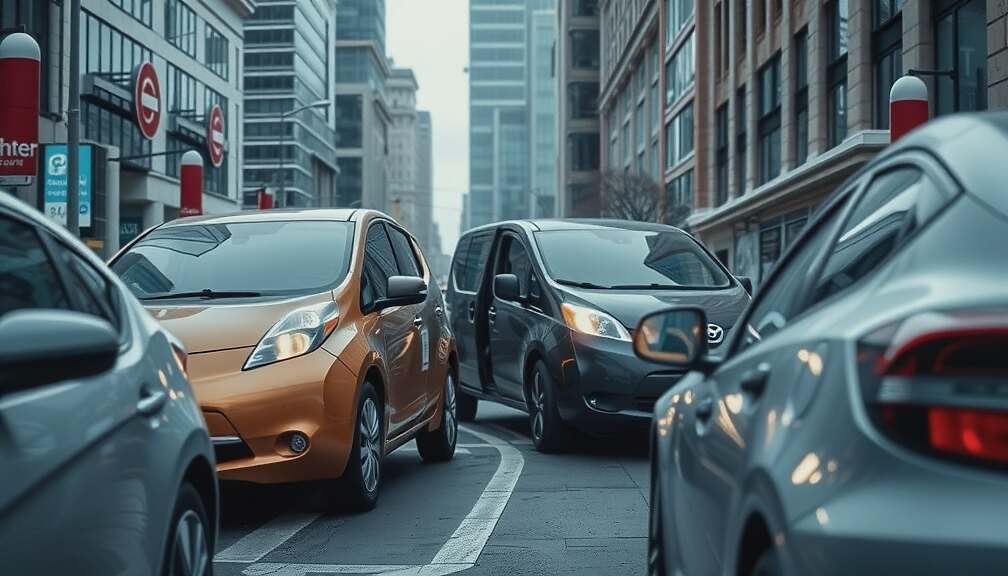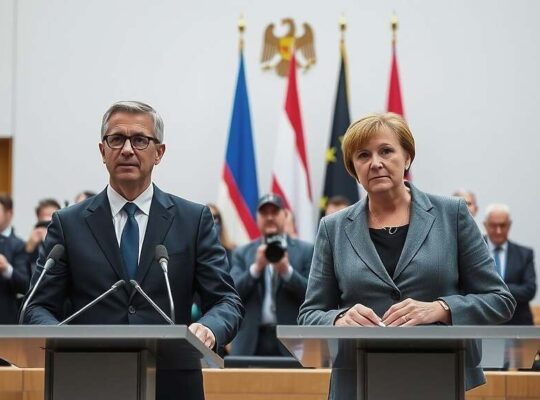Concerns are growing within Germany regarding the future of its automotive industry, prompting calls for increased governmental support for electric mobility. Katharina Dröge, parliamentary group leader for the Green Party, voiced her anxieties following the announcement by Bosch, a major technology firm, indicating plans to eliminate tens of thousands of jobs. She described this as a significant warning signal, emphasizing the need for the federal government to provide greater clarity and predictability for the sector during this period of transition.
Dröge underscored the importance of a clear commitment to the mobility transition, noting a perceived gap in technological advancement compared to China’s progress in electric vehicle development. She advocated for specific actions including a substantial expansion of rapid charging infrastructure, the promotion of affordable electric vehicle leasing programs and a general reduction in electricity prices.
Beyond the automotive sector, Dröge expressed reservations about the political climate in eastern German states. With Mecklenburg-Vorpommern facing state elections next year, recent polls indicate a strong showing for the AfD party, contrasted with a notably lower level of support for the Green Party. Dröge intends to prioritize issues of particular relevance to eastern Germany, especially those related to economic policy.
She spotlighted the need for tailored policies acknowledging the distinctive economic structure of eastern Germany, characterized by a higher proportion of small and medium-sized enterprises. Dröge pointed to the recent decision by the federal government to reduce electricity taxes for large corporations, a measure she supports in principle. However, she observed that many smaller companies, disproportionately located in eastern states, have not benefited. This situation, she argued, risks fostering a perception of neglect and can exacerbate political divisions.












